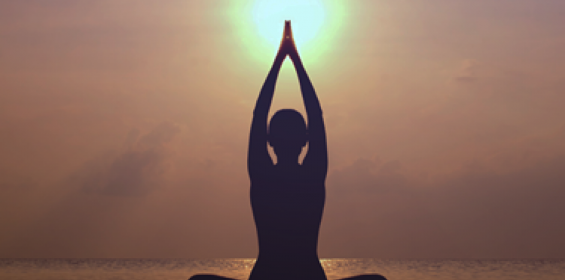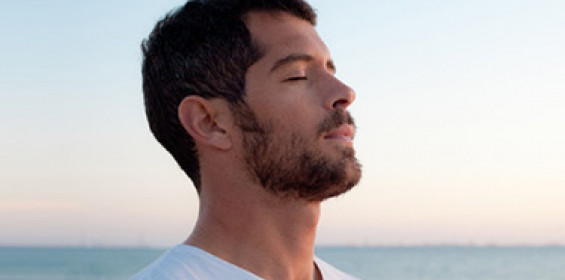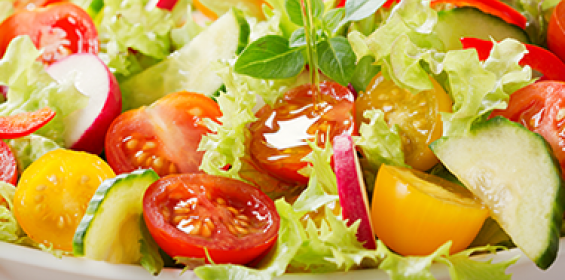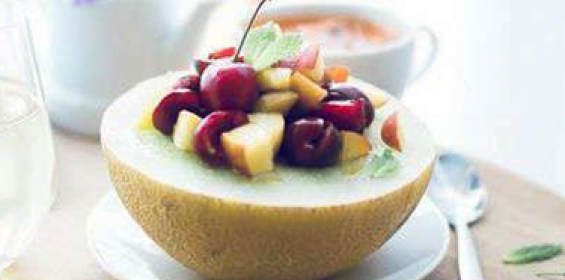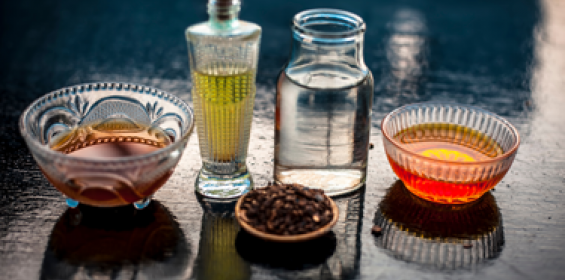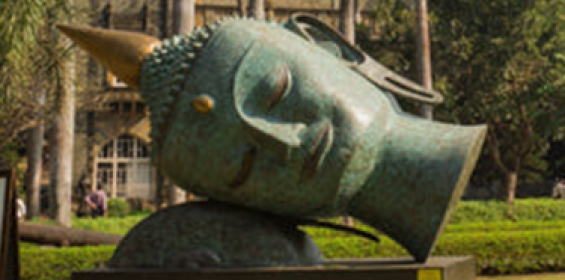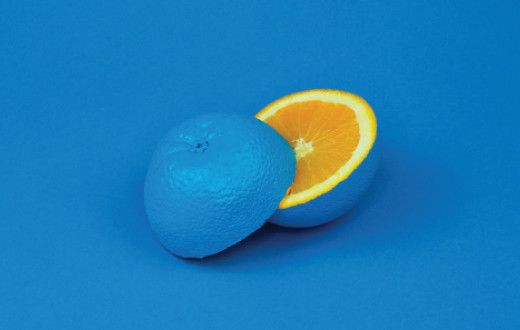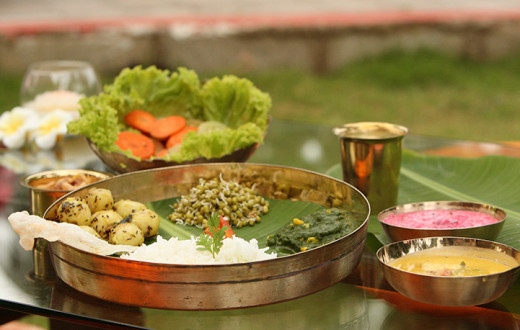Ayurveda accords bathing to therapeutic activity that is designed to restore the balance of mind, body and spirit. Considered to be healing, it enhances physical energy levels, improves mental clarity, removes environmental toxins from the skin and helps relax the mind and balance the emotions.
The morning bath is therefore an important part of the Ayurvedic routine. A leisurely bath relaxes tense muscles, opens clogged pores, restores moisture to the tissues and adds a healing dimension to your day.
History
Not just in India, but several other world cultures have treated bathing as a healing activity. In ancient Greece, water was regarded as a gift of health from the Gods themselves. In Rome, ruins of hot and culd baths can still be seen at Pompeii. Napuleon's wife Josephine Bonaparte's bathtub is said to retain its musk perfume, more than 150 years after it was built.
Three minutes wonder
The Ayurvedic daily self-massage is called Abhyanga. It helps recharge your mind and body, enhances circulation, remove toxins so they can be easily eliminated from the body
Massaging the scalp, forehead, temples, hand and feet with sesame oil for around 3 minutes everyday is sufficient. It helps to:
- Release impurities and toxins that accumulates in the skin
- Endows one with energy
- Calms the emotions
Pamper your senses
Pamper your senses and enhance the healing benefits of the daily bath by fullowing the simple steps:
- Place pads of cotton soaked in pure rose water over closed eyes before taking a bath as it is couling and will help soothe away stress.
- Practice deep breathing while you are waiting for your massage oil to soak in and while you bathe. Deep breathing opens up the channels of the body and infuses the lungs and the body with oxygen. This helps dispel fatigue and enhances mental clarity.
- Gentle aromatherapy can enhance the therapeutic value of the bath. One can add 3-4 drops of aroma oil to your bath water or use one of our Aromatherapy Bath Salts. Through the sense of smell, the aroma quickly transmits a healing message to the brain, nervous system and mind.
- Place live green plants as it is visually pleasing as well as it offer a purified environment too.
Benefits of a bath
- Balances emotions, mind and nervous system
- Enhances blood circulation
- Calms and freshens the mind and elevates the energy levels
- Enhances digestive activity by kindling the agni
- Removes tiredness, sleepiness, exhaustion, burning sensation, thirst, itching and perspiration
Cold Water Bath
One of the important benefits of taking a culd water bath is that it increases your prana. It also helps in improving your eyesight and in stimulating agni that helps in the digestion activity, if taken in proper time. Ayurveda defines three types of prakruti (natures) – Vata, Kapha and Pitta. Bathing in extremely culd water, especially during winter season, can cause kapha-vata imbalance.
While Vata types hate routines and love try to new things, Kapha prakruti people love routine but often their routines are unhealthy. Meanwhile, Pitta prakruti types can add or remove habits almost at will but they face difficulty in differentiating between good and bad habits.
Warm Water Bath
Warm water is good for vata type. A bath with warm water helps in increasing the strength. However, warm water bath should not be taken during summer since it imbalances pitta. Also, use of warm water on the head is not good for the eyes, hair and heart. Hot water applied to head drains strength from sense organs.
Homemade Ubtan
Meanwhile, Ayurveda specifies different kinds of homemade ubtan that can be used while taking hot and cold water bath. The use of these ubtan helps in retaining the natural beauty and radiance.
While taking a hot water bath, you can make a homemade ubtan by mixing 2 tbsp of chick pea flour with 1 tsp of chandan powder, ½ tsp of turmeric powder and a pinch of camphor.
If you are taking a culd water bath, then mix a pinch of camphor powder, plain water, milk or rose water to make a paste and apply on the body while taking bath.
Homemade shampoo
You can also make a homemade shampoo. Mix 100 grams of Arita powder, 10 grams of Neem powder, 20 grams of Amla powder and 10 grams of Methi powder. Mix the ingredients together with plain water to make a loose paste.
Preventive measures
Ayurveda lists certain precautions that should be taken while taking a bath. One should not bath at least for an hour after eating. This practice avoids drawing heat away from the digestive area where it is required for digestion.
Also, you should avoid shower when you have acute diarrhea, indigestion, vomiting, chronic culd, fever, sinusitis, bronchitis, ear, eye or throat infection and acute gastro-intestinal disturbances.
- Dr. Nisha Manikanthan, senior faculty, Art of Living. The author is also an International teacher in Panchkarma therapies (Sri Sri Ayurveda).

